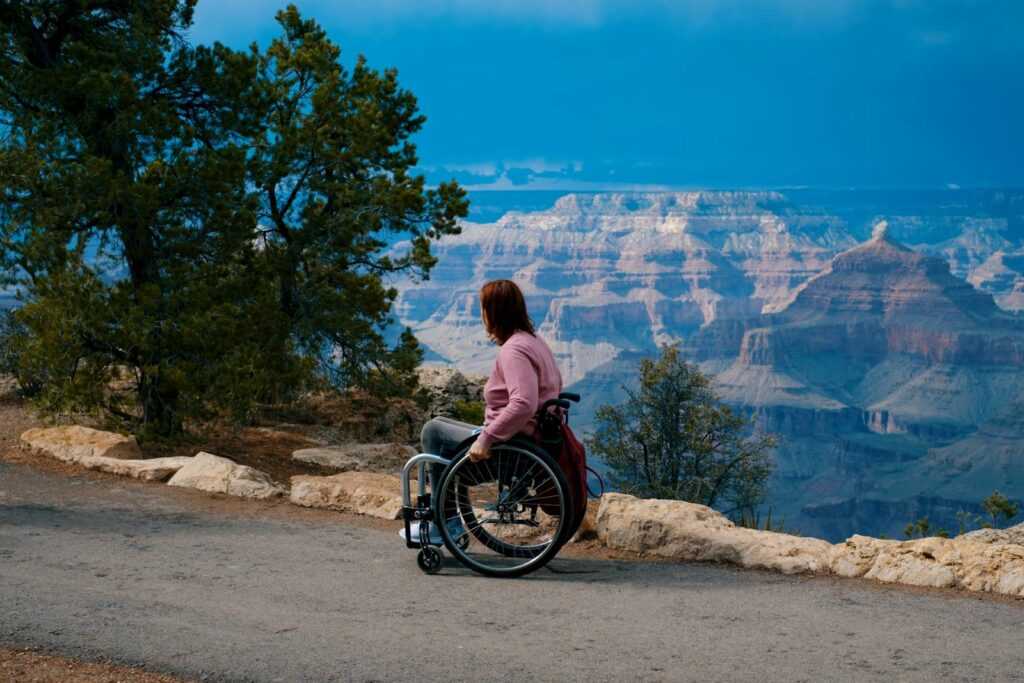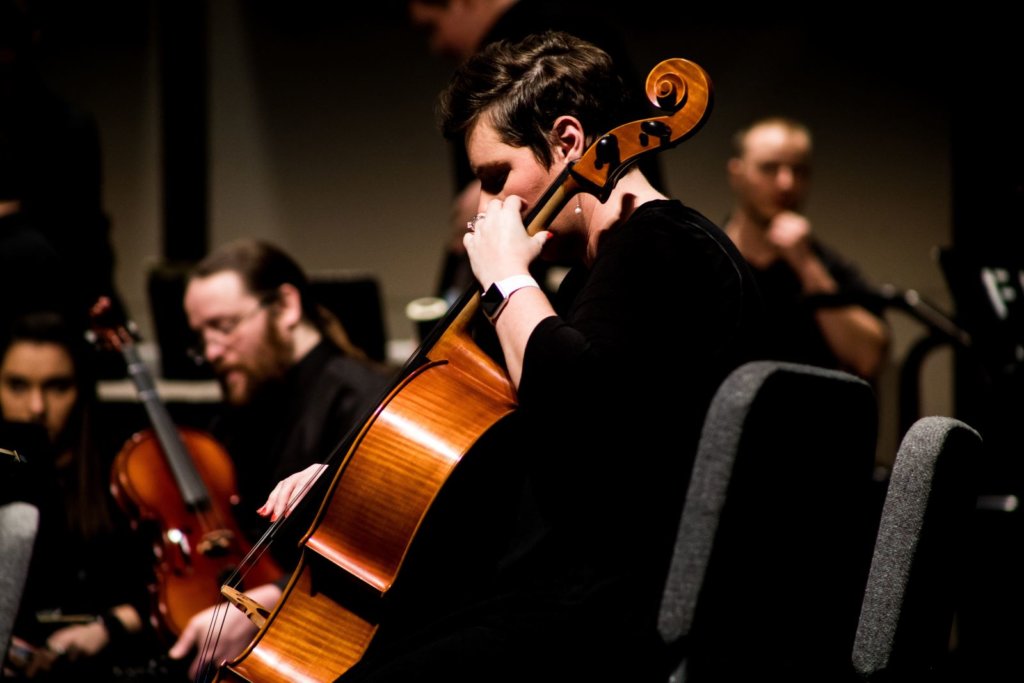The title of this post comes from a fascinating article I read in my university’s alumni magazine. More than 15% of the global population – about 1 billion people – have been diagnosed with a physical, psychiatric, learning, developmental, sensory, or cognitive disability. And that number is likely to increase due to emerging diseases and natural disasters.
We treat disability like it’s abnormal but the reality is anyone who lives long enough will become disabled either because of an accident or age. For this reason, author and bioethicist Ashley Shew uses the term “temporarily able-bodied.” Yeeees. When I first heard that term, my entire body relaxed because it made so much sense and also reframed my experience as someone with idiopathic hypersomnia. Because I have to nap every day and am easily tired by too much activity, I perpetually feel abnormal. Why can’t I do the things other people can do? And how can I regain health privilege as quickly as possible?
Getting the reminder that people who aren’t currently disabled are experiencing something temporary helps me to feel better. It means I’m not abnormal and instead, other people are going to “catch up” to me, so to speak. I’m learning to live with disability sooner than other people but health privilege is temporary for everyone if they live long enough. To be alive means to have a body that will eventually break down. Instead of feeling envious of other people, I’m working to unapologetically love my body as it is, right now. There’s nothing wrong with me even though an ableist society says otherwise.

An excellent example of accessibility — not everyone can hike a rugged trail but paved trails allow those with mobility issues to see these natural wonders. Photo by Romain Virtuel on Unsplash
If you’re unfamiliar with that term, ableism is a system of discrimination and oppression that favors nondisabled lives and ways of being, often under the guise of empowerment. For instance, prosthetic legs enable amputees to walk “normally.” That’s not to say technology can’t make life easier for disabled people – it does – but society encourages disabled people to see themselves as chronically incomplete or lacking. There’s something wrong with them because they’re not able-bodied. This distracts from the real social ill, that “the world is set up to exclude disabled people,” to quote Shew.
The reality is we’re not all meant to be the same. My spiritual teacher says, “Human society is just like a garland which is made of different types of flowers, woven together by one common thread. The overall beauty of the garland is dependent upon the beauty of each flower. Likewise, each strata of society must be equally strengthened if we are to maintain the unity and solidarity of society.”
So first, diversity is the name of the game, and two, each strata of society must be equally strengthened. That means recognizing there is a place for everyone and furthermore, creating a more inclusive society that plans for the fact people are temporarily able-bodied. Instead of making people feel incomplete or ashamed for losing health privilege (or never having it in the first place), we’d be better off recognizing disability is inevitable. What are we doing to make the world easier, better, more inclusive, and more accommodating? Because after all, the future is disabled.
I dream of a world where we understand health is a privilege that eventually everyone loses. A world where instead of trying to hold on to health privilege, we create a society that accommodates disability. A world where we strengthen all segments of society because we recognize disability is a fact of life. A world where we recognize the diversity of human beings is beautiful, just like a garland.
Another world is not only possible, it’s probable.
I have only told this story to a handful of people but now seems like the right time to share it more broadly. A few weeks ago I wrote a post about being the kind of people we want others to be. I mentioned the peace prayer, which is often mistakenly called the St. Francis prayer. I linked to a couple of stories of ex-KKK members who changed their ways based on relationships with people they used to hate.
After I wrote the post, I started to question the value of what I do, of how I help others. Does it really make a difference that I write a blogpost every week? Am I changing anyone’s life in a deep and profound way by leading a group meditation on Sundays? Would I make more of an impact by befriending someone who is in the KKK and supporting their exit from the Klan?
Literally within a few hours of thinking those thoughts I was zoombombed by neo-Nazis at the group meditation I lead. They started scribbling swastikas over my screen. They asked how many Jews we’ve killed and did whatever they could to disrupt the meeting before my co-moderator and I ejected them. (Since then we’ve tightened security measures at the meeting to keep incidents like that from happening again.)
After I calmed down, I started to laugh. It was as if the universe said to me, “Really? Are you sure you want to befriend neo-Nazis? Are you sure the form of service you provide isn’t worthwhile?” The universe answered my question very quickly and validated for me, yes, this is what my gifts are, and yes, they are needed.
I bring this up because I’ve had conversations with several people – both white and black – who have lots of feelings about not being on the streets protesting the treatment of black and brown people. There’s a feeling they “should” be and maybe some guilt that they aren’t. I get it because I feel that way too. I want to support black, brown, and indigenous people. I want them to know I’m not OK with how they are treated and protesting is one way to demonstrate that. However, my nervous system cannot handle large crowds. I start to panic when I’m in large groups which is why I never attend concerts or sports games at large stadiums. Even going to a shopping mall wipes me out.
Yesterday I went to a small protest near my house but there is no way I can be in a throng of people. When I think about my zoombombing experience, I realize that’s OK. Everyone has different gifts and different abilities. We are all special in our own way and however we’re choosing to show up in the world is valid. A symphony orchestra requires numerous instruments to create beautiful music. Humanity is like that symphony – we can’t all be the cello.
In fact, my spiritual teacher says, “[D]iversity is the order of providence. One must remember that identicality is disowned by nature – nature will not support identicality … diversity is the law of nature and identicality can never be. But diversity is not the same as disparity. Disparity encourages exploitation based on differences, while diversity recognizes multiplicity which reflects underlying unity.”
I dream of a world where we recognize we’re not meant to all do the same thing. A world where we realize we are like the instruments of a symphony orchestra – each part is important, beautiful, and adds to the whole. A world where we cherish how we personally contribute to society. A world where we recognize we are made to be different.
Another world is not only possible, it’s probable.
